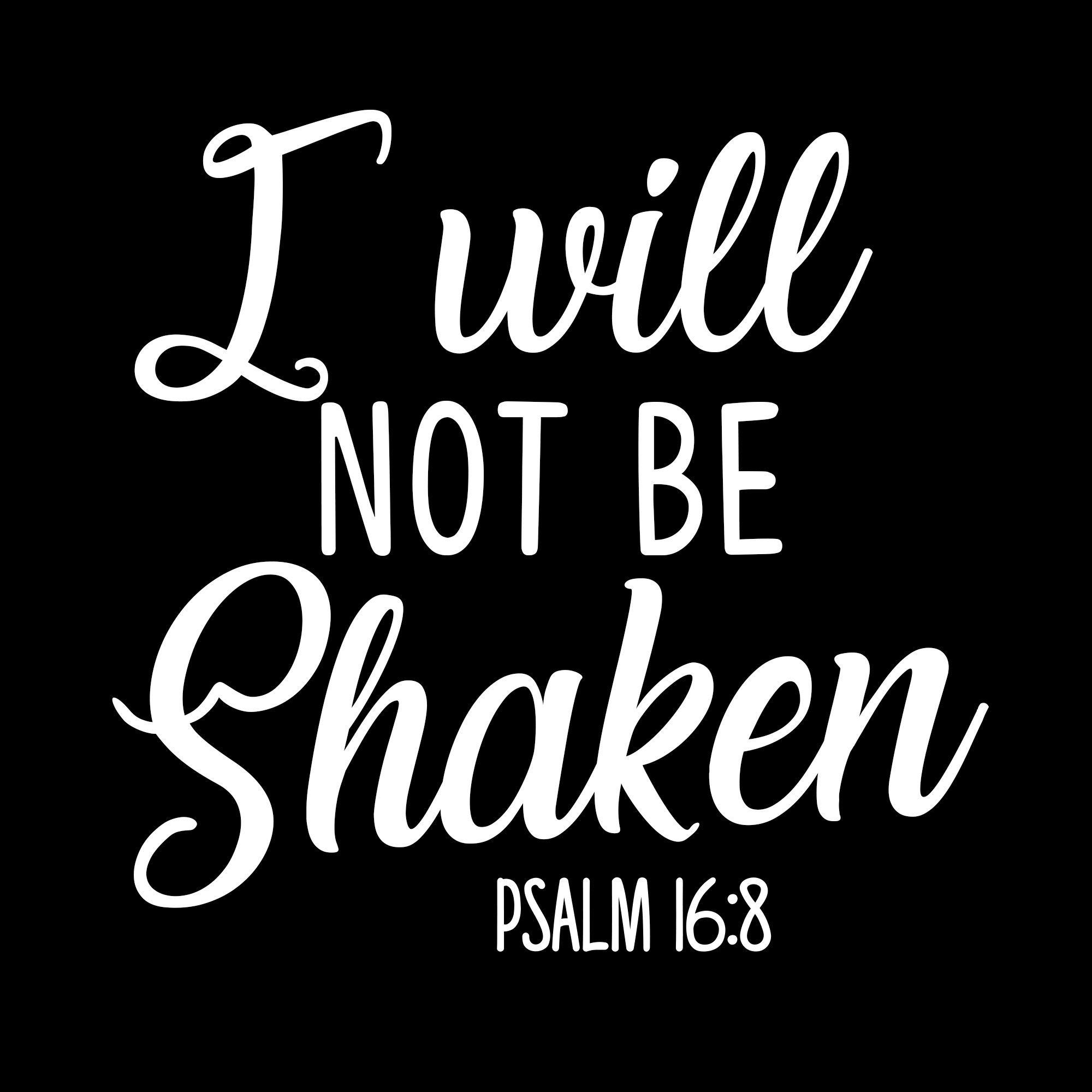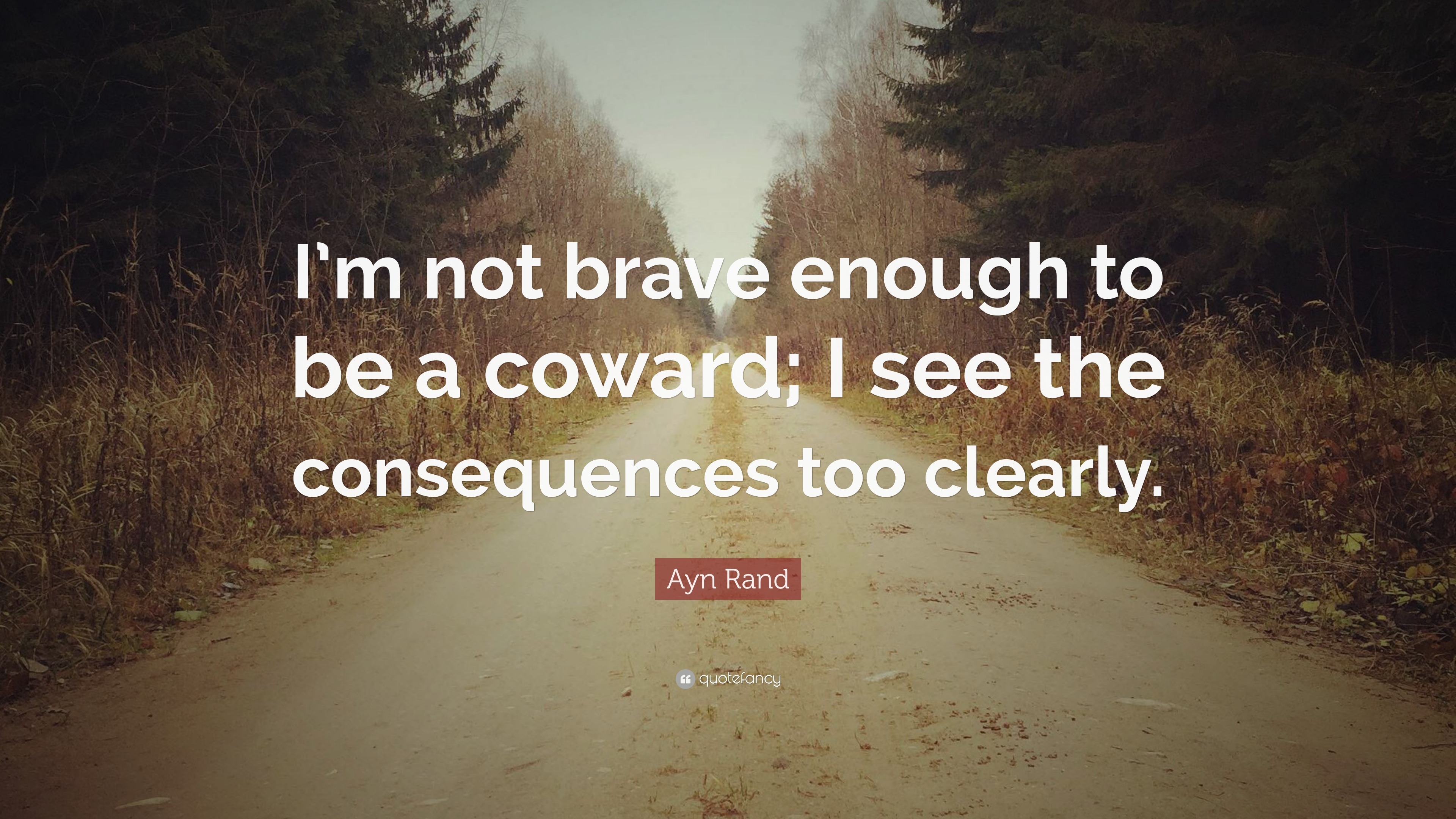Image credit: Suzanne Kreiter—The Boston Globe/Getty Images
Fun little fact, I was born on Thanksgiving Day. If you follow my blog, you know that I have complicated feelings about holidays and Thanksgiving is no different. Surely, I had a touch of bitterness about some years when a birthday candle was stuck in a pumpkin pie and I didn't get to to choose my own birthday cake or how unfair it seemed that some other kids had summer birthdays and got to celebrate with a pool party. But those childhood disappointments are long gone. As an adult, my disdain for Thanksgiving has to do with the violent origin of the holiday, forced gratitude, and overconsumption.
By now, I think we are all clear on the true history of Thanksgiving and the violent way European settlers arrived and took over occupied land. (If not, you can read more here: https://www.smithsonianmag.com/history/thanksgiving-myth-and-what-we-should-be-teaching-kids-180973655/). It's really a celebration of white people taking something that wasn't theirs and glossing over it as an accomplishment. It’s actually quite embarrassing now that I have a better understanding of history. Both from a standpoint of falling for the whitewashed version of the story and for how I perpetuated it when I was a younger educator. I don’t think it’s possible we’ll ever end the tradition of celebrating Thanksgiving in the US but the older I get and the more I learn, the more uncomfortable I feel about it.
A reasonable argument to keep the tradition of Thanksgiving would be to have a focused time of gratitude, some people even use the whole month to center all they are thankful for in life. And I think this is lovely, I really do. But how many times have you been at a family dinner, an office party, or other social gathering, where someone says “why don’t we go around and each say something we are thankful for?” When in the history of forced traditions, has this created a new lens of thankfulness? Of course we are all grateful for our family, and friends, and health, and each other, and so on. The practice doesn’t create gratitude, we’re all saying same damn things and crossing our fingers we say the right cliché response. But even more than this irritating truth, why, out of 365 days in a year, are we choosing just 1 to be grateful? What is happening on the other 364 that we need that kind of moral check up on each other?
Well, I think that answer is clear in the 37 “Black Friday” emails I’ve gotten this week. And I’m lowballing. We can’t resist the urge to consume, even on a day we are intentionally slowing down to be grateful for what we have. This isn’t a new take on the conflicting notion of Thanksgiving and Black Friday but it certainly can’t be overlooked here.
Thanksgiving has become a day of pause for me in other ways. To think about history, what I think I understand and focus on where I need to be asking more questions. To consider the traditions in my family and how our values align with our actions throughout the year. Not to be morally superior, simply to lean in and to ask myself big questions that require introspection that might be a little uncomfortable.
Why do we have a day dedicated to giving thanks, that is truly about taking more?












